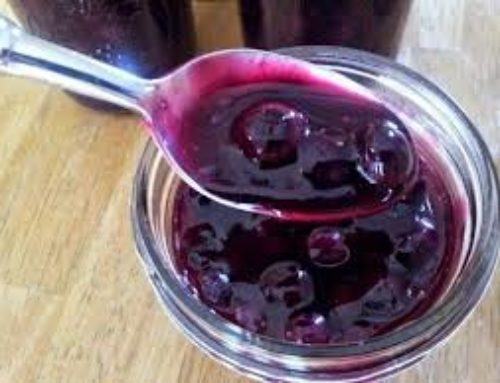There’s more to a pumpkin than just a glowing face !
The pumpkin is actually a squash vegetable that grows as a
gourd from a trailing vine. The name pumpkin dates back many
centuries. The pumpkin originates from Central America, but
today many counties grow and harvest billions of pumpkins.
The pumpkin got its name from the Greek work for “large
melon”, which is “pepon”. Pepon was naslized by the French
into “ pompon”. The English changed “pompon” to “pumpion”.
The American colonists changed the “pumpion to PUMPKIN”
We think of two things when we hear or see a pumpkin.
Halloween and pumpkin pie. But this great vegetable can be
used for many other dishes than a pie. The native Americans
dried strips of pumpkins and wove them into mats. The origin
of the pumpkin pie occurred when the colonists sliced off the
pumpkin top, removed the seeds, and filled the insides with
milk, spices and honey. The pumpkin was then baked in the
hot coals.
Pumpkins are grown in almost every state by small farmers
and individuals. The largest pumpkin states are Illinois, Ohio,
Pennsylvania and California. Statistics show that 90% of all
pumpkins grown in the U.S. are raised within a 90 mile radius
of Peoria, Ill. Most pumpkins we see in the store are called
“Standard Orange” either small, intermediate and sometimes
large.
Fun Fact: If you multiply the number of fruiting
sections in a field pumpkin by 16 it is the number of
seeds in the pumpkin, give or take 10 or so.
When selecting a fresh pumpkin, look for a form , rich
color, never buy with any soft spots.
Why are they orange ?
Pumpkins are orange because contain massive amounts of
lutein, alpha-beta-carotene. These nutrients turn into
vitamin A in the body
FOR THE HEALTH OF IT
Pumpkin seeds
The hull or semi-hull seeds of pumpkins can be roasted
and eaten as a snack, similar to the sunflower seed.
Pumpkin seeds are a good source of iron zinc, essential
fatty acids, potassium, and magnesium. Research has
found that pumpkin seeds may promote health since
components in pumpkin seed oil appears to interrupt the
triggering of prostate cell multiplication.


Leave A Comment